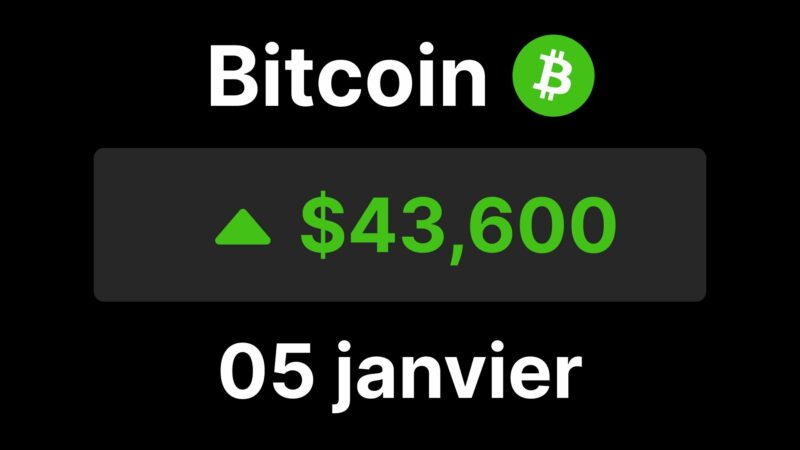The crypto platform BitMEX has pleaded guilty to violations of the Banking Secrecy Act (BSA) in the United States.
The announcement was made by the US Department of Justice (DOJ). This admission of guilt relates to the period from September 2015 to September 2020, during which BitMEX deliberately failed to implement an adequate Know Your Customer (KYC) and Anti-Money Laundering (AML) program. This negligence allowed users to register and trade cryptocurrencies anonymously without providing identification documents.
Legal and Security Implications
BitMEX has served as a vehicle for large-scale money laundering and sanctions evasion, posing a serious threat to the integrity of the financial system. Today’s guilty plea once again demonstrates the need for crypto companies to comply with US legislation if they profit from the US market.
The platform thus opened the door to money laundering activities and international sanctions circumvention. Damian Williams, the US Attorney, states that this lack of control posed a serious threat to the integrity of the global financial system.
According to court documents, BitMEX advertised itself by boasting about allowing transactions without identity verification, attracting a clientele seeking to operate outside of strict regulations.
History of Prosecutions against BitMEX
This case is not the first to target BitMEX or its executives. In 2020, co-founders Arthur Hayes, Samuel Reed, Benjamin Delo, and Gregory Dwyer were already indicted on similar charges.
All of them pleaded guilty. Arthur Hayes, in particular, acknowledged his guilt years before the company itself’s guilty plea.
Lies to a Foreign Bank and Next Steps
In addition to BSA violations, BitMEX has been accused of lying to a foreign bank. Court documents reveal that the company’s executives made false statements to persuade an international bank to open an account in the name of a shell company, Shine Effort Inc. Limited, controlled by Benjamin Delo. BitMEX was the beneficial owner of this company, using this structure to circumvent banking regulations.
The judicial process is still ongoing, and BitMEX has not yet received its sentence. The case is currently overseen by District Judge John G. Koeltl of the Southern District of New York.




